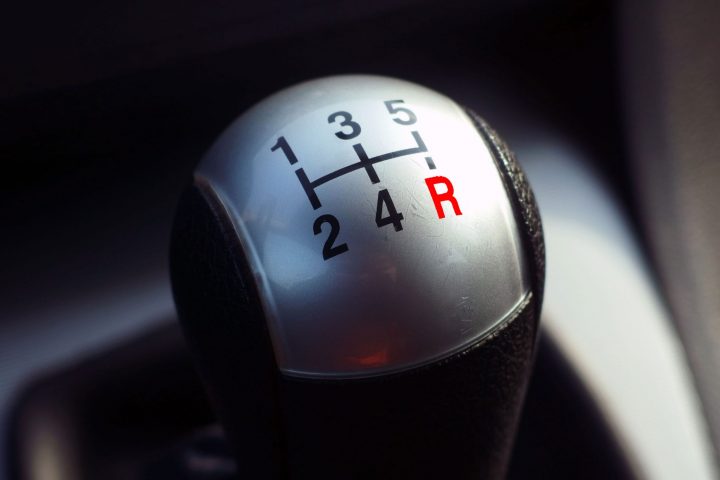As the United Nations General Assembly continues in New York, the First Committee, which deals with Disarmament and International Security, is listening to national statements. Our friends at Reaching Critical Will, are as ever doing the world a great serivce by live-tweeting and summarising what each country says and giving regular commentary and analysis via their newsletter. We publish below the latest editorial piece from Reaching Critical Will’s First Committee Monitor of 15th October 2018 written by Ray Acheson.
“Human civilization is stuck in reverse gear,” said the ambassador of Zambia to First Committee. “While we have made quantum leaps in the development of the science and technology of weapons and the art of killing, we have been moving steadily, inexorably, in reverse in the development of the things that should edify us, as human beings.”
In one of the most poignant statements to ever be delivered in this forum, Ambassador Kapambwe lamented our collective failure to protest the proliferation and use of weapons, the killing of other human beings, and the deliberate prioritisation of profits over people and peace.
This is indeed the crux of the problem. There are protests—sometimes represented by a few tenacious human rights defenders or environmental activists, sometimes seen in hundreds of thousands of people hitting the streets to demand social change. There is also concerted action by campaigners and advocates here at the United Nations, which has resulted in prohibitions of certain weapons, limitations on the arms trade, and condemnation of certain practices, especially those that harm civilians.
Yet billions of dollars are poured into the modernisation of nuclear weapons. Research and development of weapons that operate with decreasing human control, from drones and robots to the weaponisation of artificial intelligence and cyber tech, is on the rise. The arms trade continues to devastate communities and lives around, resulting in gun violence inside and outside of conflict, and the destruction of towns and cities through the use of explosive weapons in populated areas.
Our protests are necessary but have not been sufficient to curtail the harm to people and the environment caused by weapons and war. In part, this is because of the approach to security that many governments take. They have adopted and reinforced through their spending and their posturing that more weapons equals more security. This is a patriarchal approach to security, in which violence is strength and killing is power.
It is this approach that causes countries armed to the teeth with nuclear and conventional weapons to cry that “security challenges cause states to rely on” their weapons to protect them, as the US delegation did last week. This framing highlights the problem described by the Zambian ambassador—it is based on a conception of security that is about the security of the weapons industry and the state government rather than its own or any other population. The money poured into the development and maintenance of these weapons, the damage caused by their use, and the risks they pose for our survival, all undermines the security of human beings. But it’s great for those making profits or maintaining their privileged positions of power.
There is also, of course, an incredibly hypocritical double standard in this argument. While the United States, France, and others say that the “security environment” causes them to maintain their nuclear arsenal for “deterrence,” would they accept this argument from other countries? They certainly have not accepted it from the Islamic Republic of Iran or the Democratic People’s Republic of Korea.
Putting aside the sheer ridiculous victim-blaming perpetuated by nuclear-armed states saying the world is “forcing” them to retain their nuclear weapons even while the vast majority of other states have rejected the bomb and codified this rejection through the UN Treaty on the Prohibition of Nuclear Weapons, the argument clearly shows the divergence in perspectives in play at First Committee.
One view of security, articulated by the nuclear-armed states and many of their allies, is that disarmament is something that will weaken their security—i.e. it will weaken their privileged position of weaponised power. The other is that disarmament will strengthen security—i.e. the security of states that don’t use force to get their way in international affairs, as well as the security of people and the environment.
This wildly different worldview is at the heart of the challenge at First Committee. Only one of these perspectives will lead to peace through disarmament and dialogue. The other will lead us further down the path of violence, aggression, and despair. But it does not have to be this way. As the Zambian ambassador said, “War is neither a human condition nor imperative. We can change things.”






